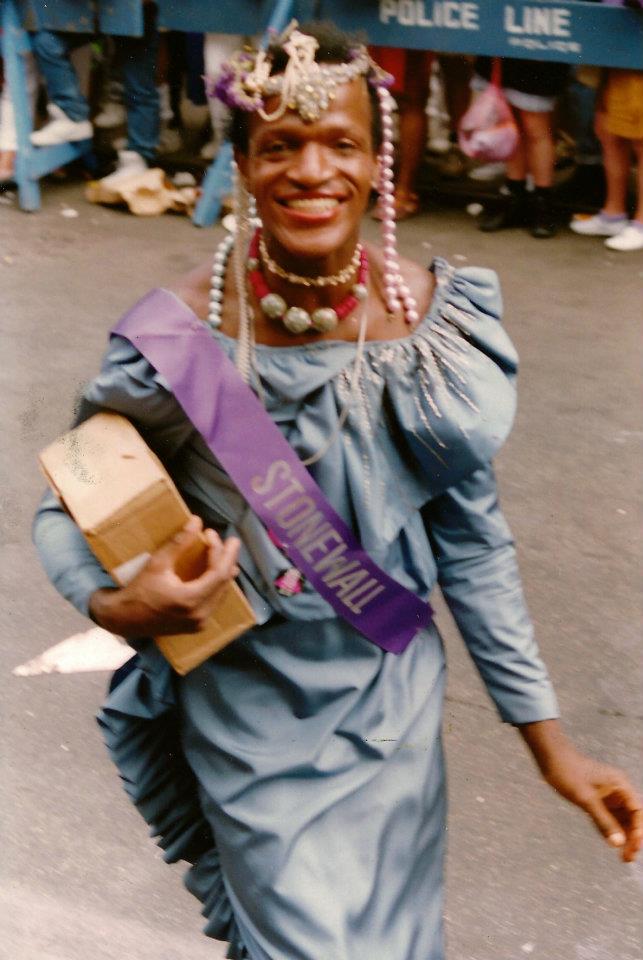

It’s a stirring reminder that the present, no matter its progress, hasn’t fully let go of the past’s attitudes and judgments. Johnson” further hammers home that notion by citing the 2016 homicide of Islan Nettles, whose killer James Dixon - claiming he committed the act in a “blind fury” after discovering Nettles was trans - received only 12 years for his crime. And it epitomizes the terrible fate faced by so many transg people: harassed, scorned, abused, and then thrown away, their lives treated as if they never mattered in the first place. That there are no concrete answers to be found here is yet another unhappy note in a tale rife with sorrow. Together, they soon come to suggest that Johnson - who everyone agrees could not have deliberately taken her own life - might have been the victim of violent cops, or “four guidos” who were seen patrolling the prostitution strip that Johnson frequented, or even perhaps the mob, who controlled the New York gay-bar scene, and whom Wicker had angered by trying to force them out. Johnson,” which, like France’s prior work, is both a celebration of the courage shown by many in the LGBT community in the face of calamitous oppression and neglect, as well as a memorial for those who were lost in those fights for equality and basic human decency.Ĭruz’s sleuthing puts her into contact with numerous people who knew Johnson well, collecting along the way video footage, photographs, anecdotes and clues. It’s a motivation that clearly also inspires “The Death and Life of Marsha P.


“They’re yelling out from their graves for justice,” Cruz says as an explanation for why she’s set out on this lifelong mission to protect the victimized. France’s film recounts this backstory via the present-day investigation of Anti-Violence Project activist Victoria Cruz, who on the eve of her retirement, embarks on a quest to figure out what truly happened to Johnson.


 0 kommentar(er)
0 kommentar(er)
